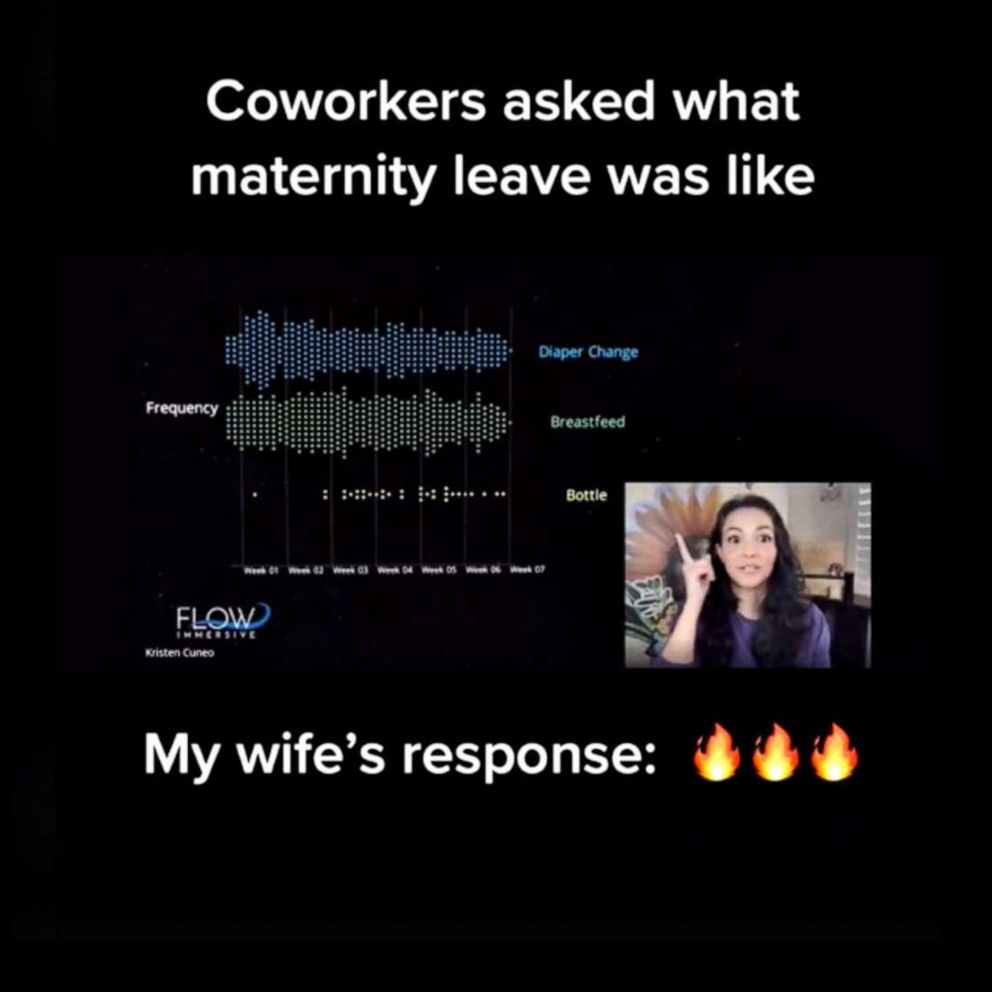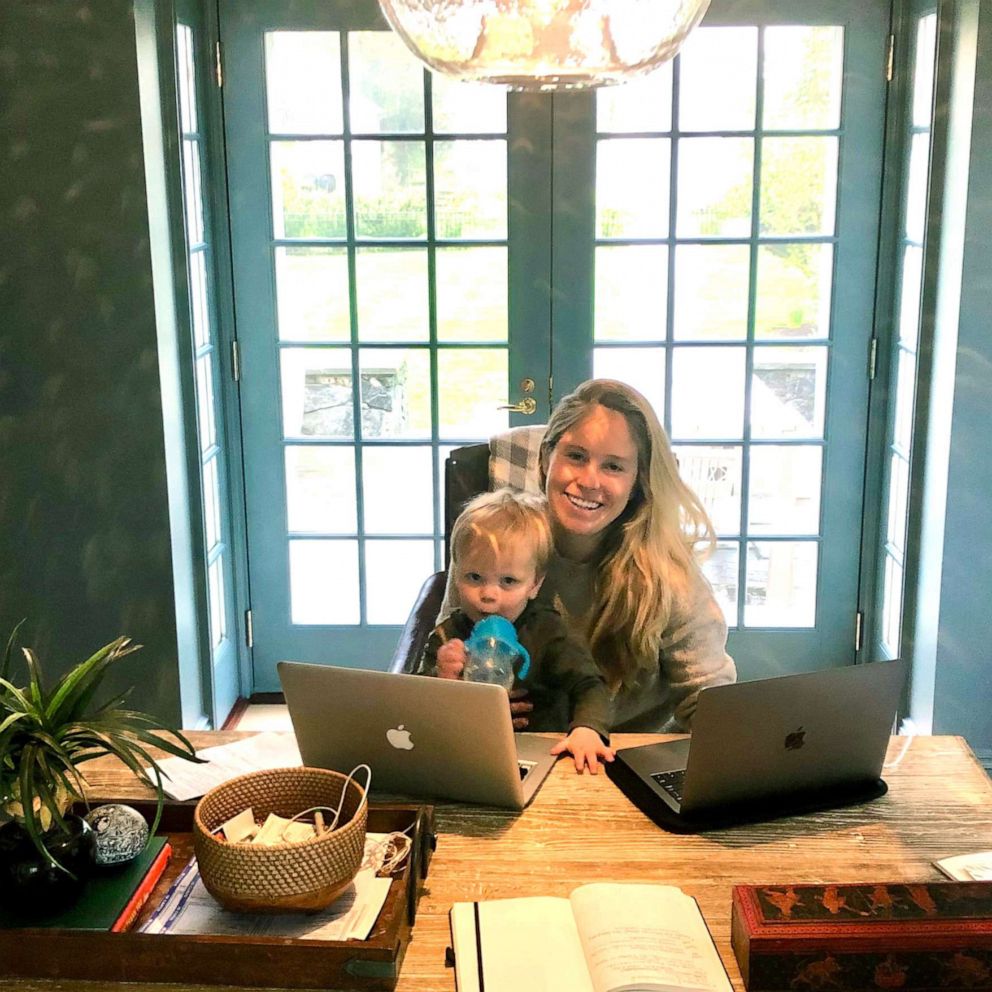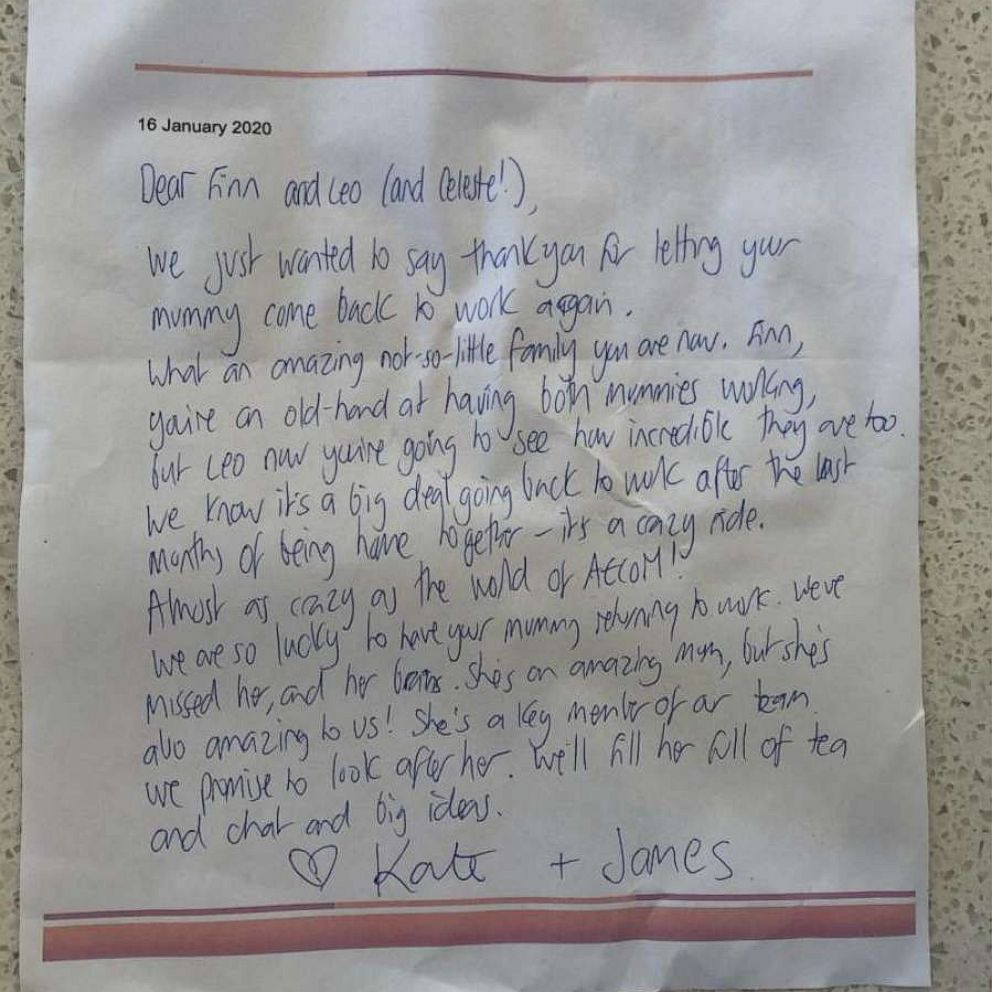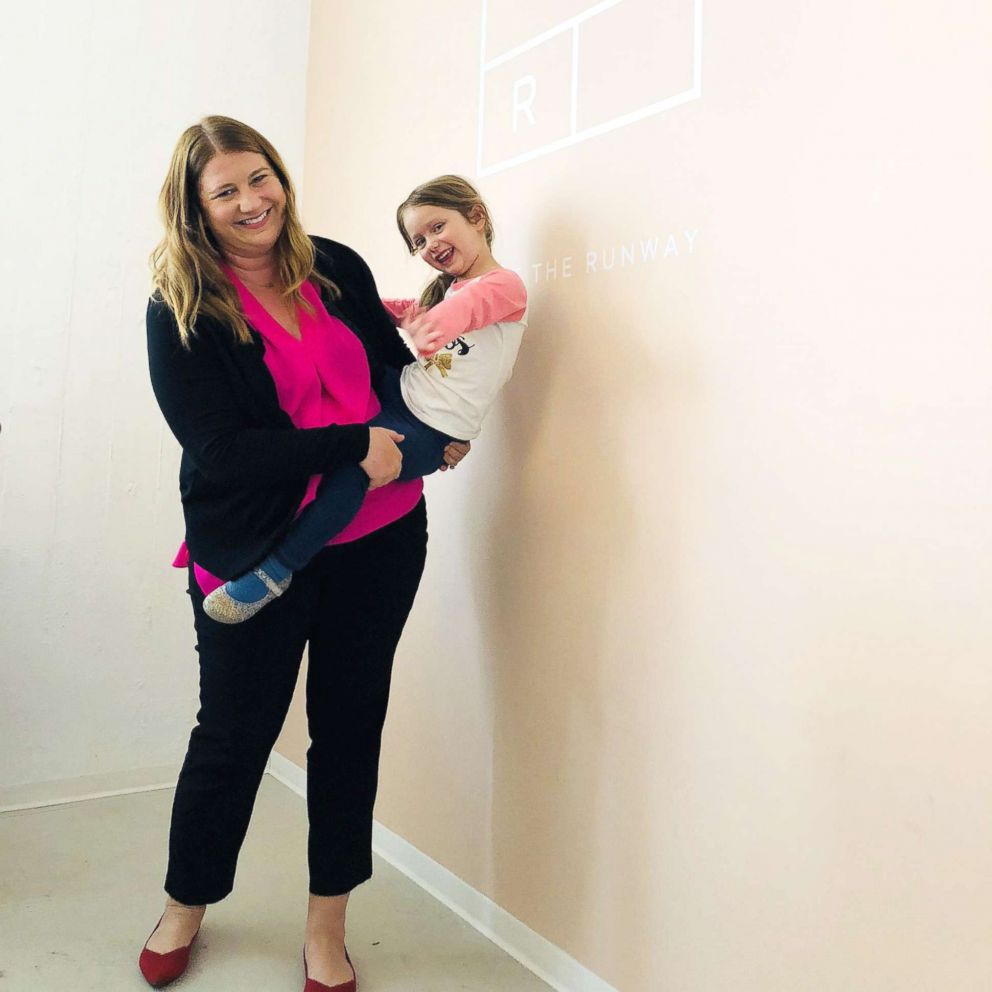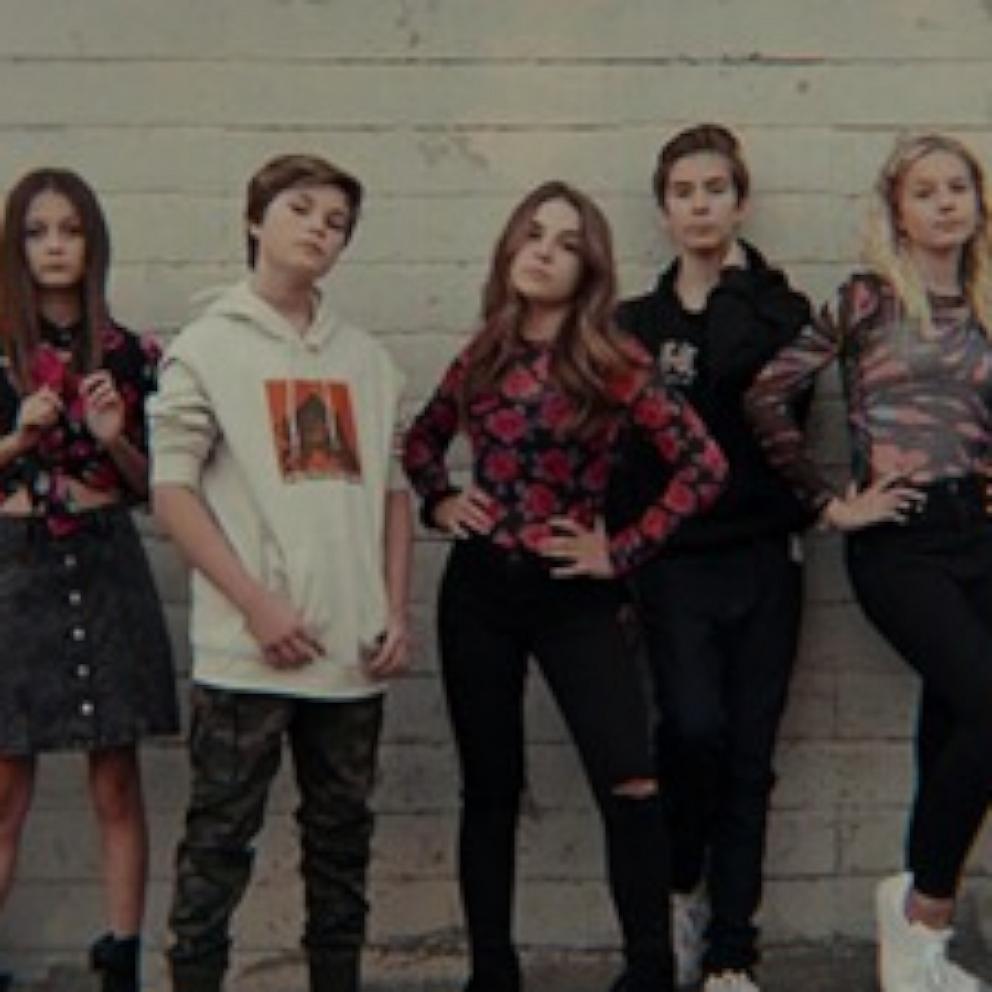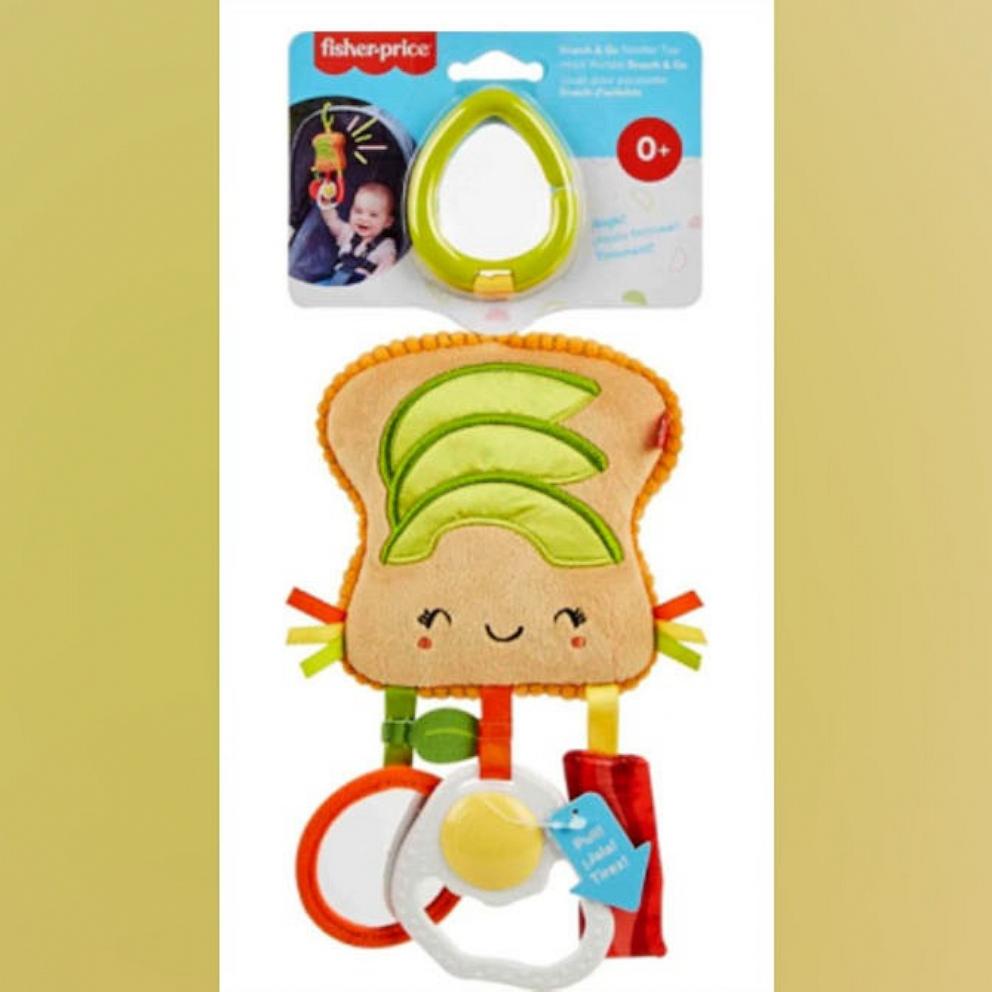What do parents do on paid leave? This mom used data to show her maternity leave workload
For any mom who's ever been asked if they "enjoyed their vacation" during maternity leave, Kristen Cuneo has the perfect reply.
Cuneo, who works for a technology company in the San Francisco Bay area, created a data visualization showing as data points every bottle feed, breastfeed and diaper change she completed in the first seven weeks after giving birth to her daughter, Autumn, in January.
Just a few seconds into the visualization, the data points take up an entire screen.
"Objectively, it's a lot, and every data point took time, ranging from five minutes for a diaper change to 30 minutes for a feeding, on average," said Cuneo, presenting the data to coworkers. "The real kicker is when it happens, 24 hours a day."
Cuneo's presentation was shared on TikTok by her husband, Michael DiBenigno, co-founder of Flow Immersive, a California-based company that focuses on data storytelling.
It quickly went viral, with hundreds of thousands of likes and over 2,000 comments.
"And that does not include laundry, bathing, well baby checkups, getting baby to sleep, fussy baby or the fact that baby needs to be held constantly," wrote one commenter.
"All while recovering from a major medical procedure! Moms of newborns are absolutely amazing," wrote another commenter.
Another commenter alluded to the fact that there is currently no federal paid leave in the United States, writing, "This woman needs to be in front of Congress."
Only 27% of private industry workers currently have access to paid family leave, according to the Bureau of Labor Statistics.
Cuneo told "Good Morning America" she considers herself lucky to have been able to take maternity leave.
She said she also feels grateful that her presentation has helped so many parents, especially moms, "feel so seen and heard."
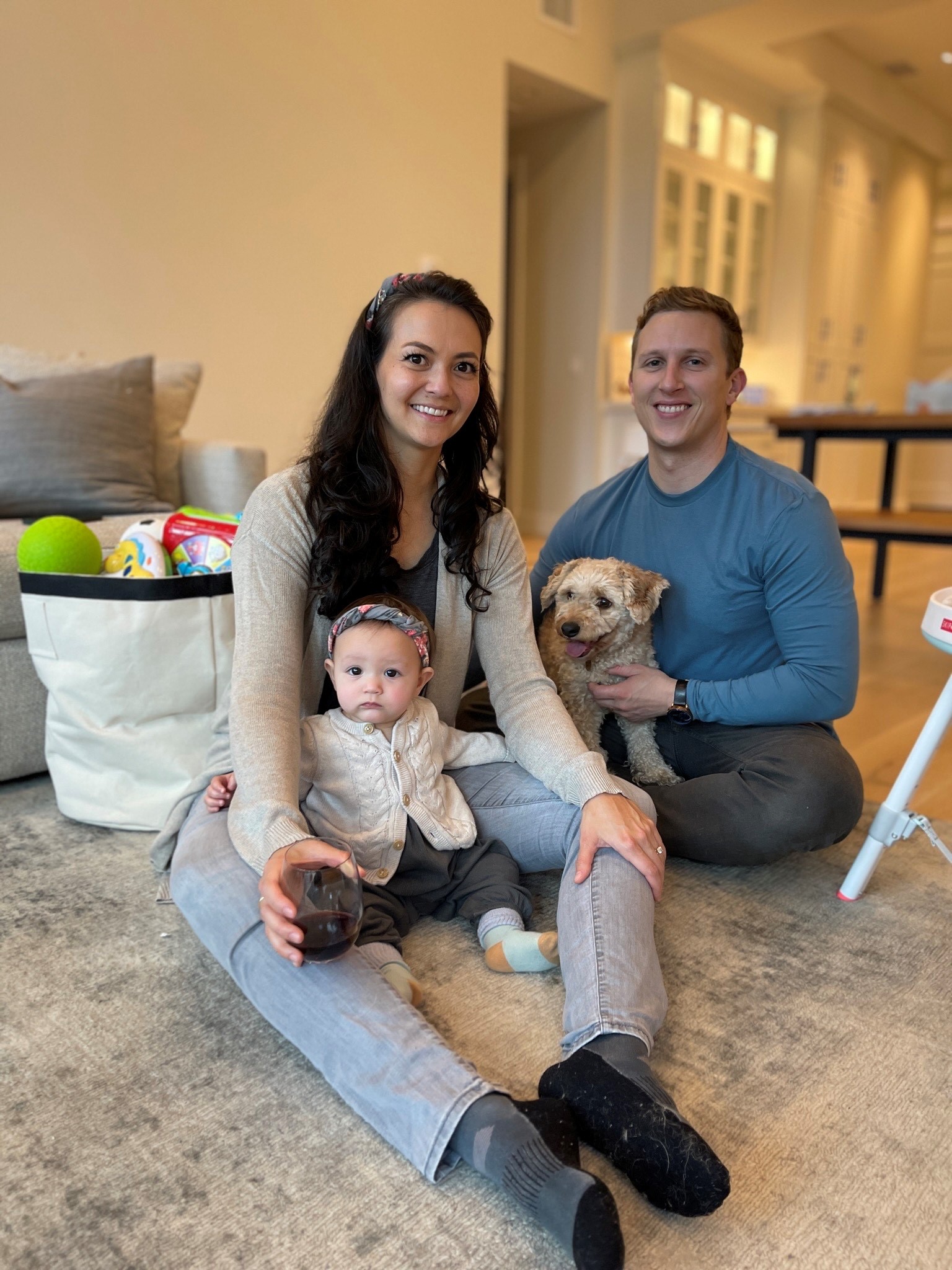
"It is a shared experience, even though it is hard," Cuneo said of being a new parent. "The response that we've gotten has been completely mind-boggling, that so many people can have this experience, and yet something like this could resonate so powerfully for them whether or not they're currently raising a child or maybe they did 20 years ago."
Cuneo and DiBenigno created the presentation by using data compiled in a baby habit-tracking app they started using when Autumn was a newborn.
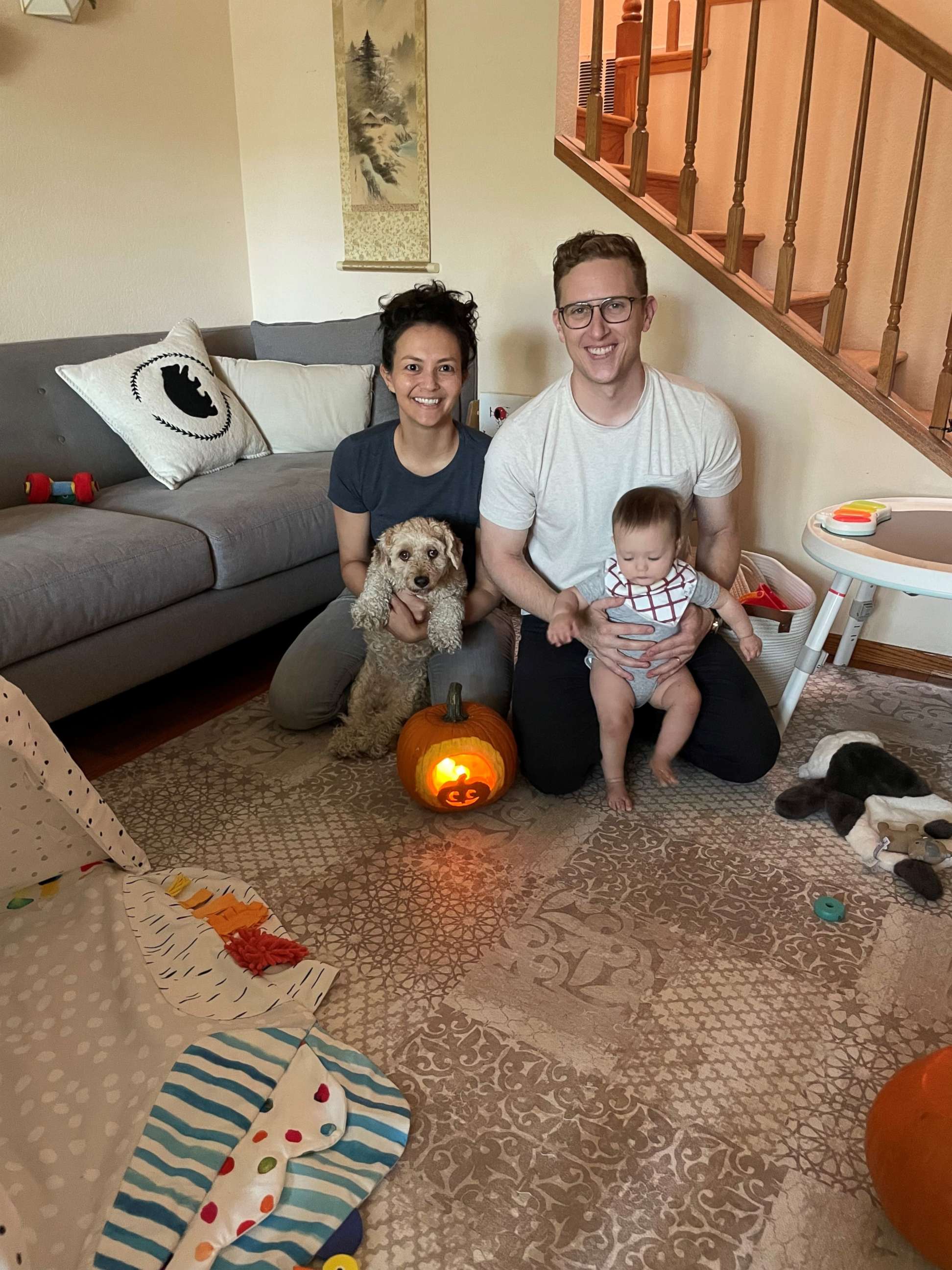
"We had heard over and over that being a new parent, you never sleep, but it's hard to understand what that really felt like," said DiBenigno. "It wasn't until we saw the data points and put together this visualization that we were like, 'Wow, you see that continual, never-ending cycle of the mundane, routine labor of all these things that are just necessary.'"
